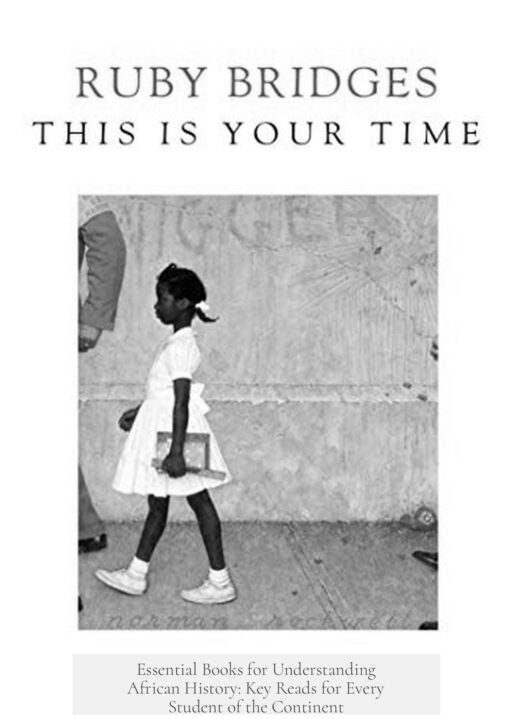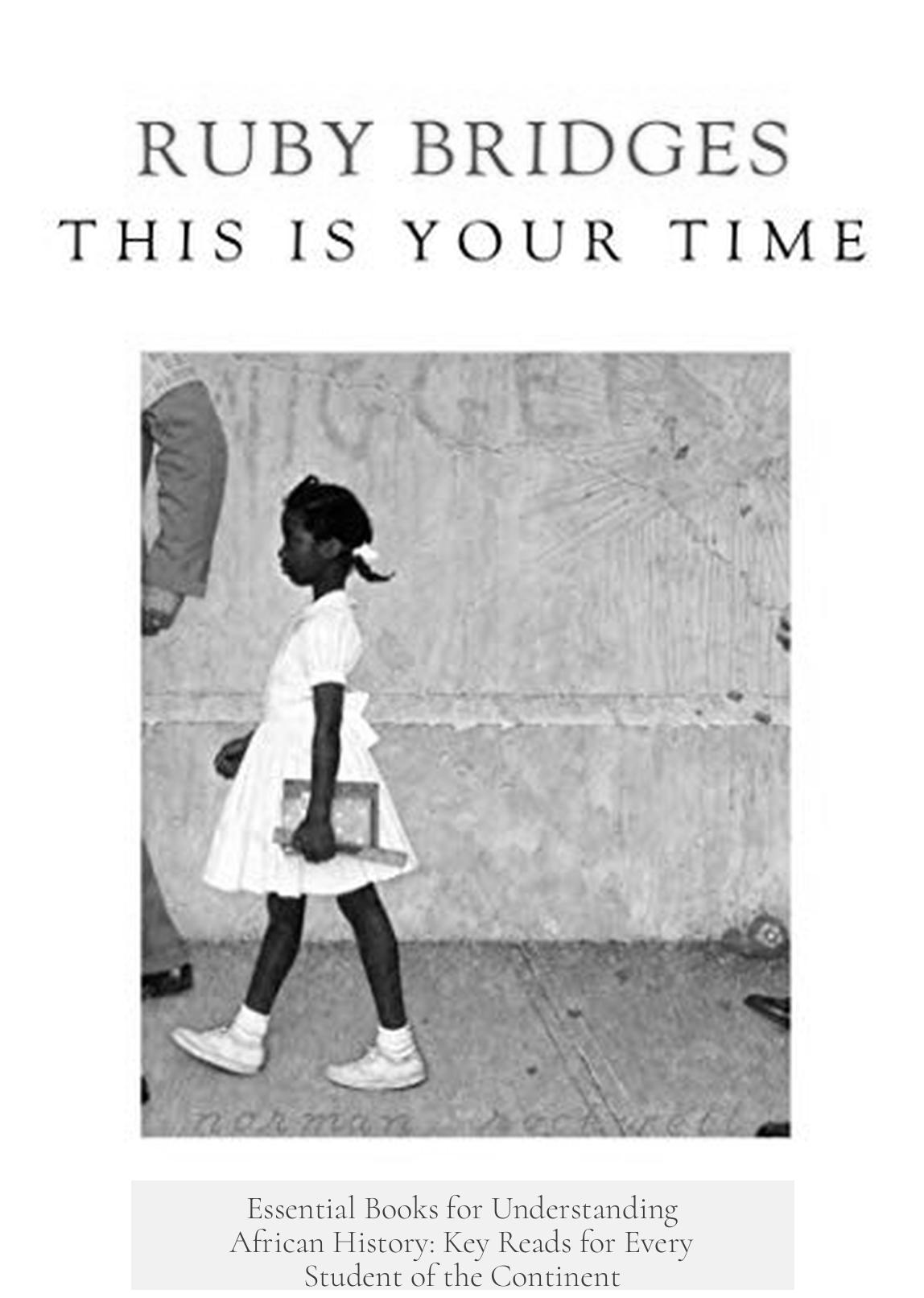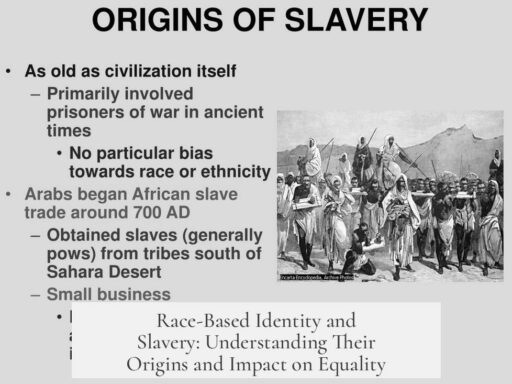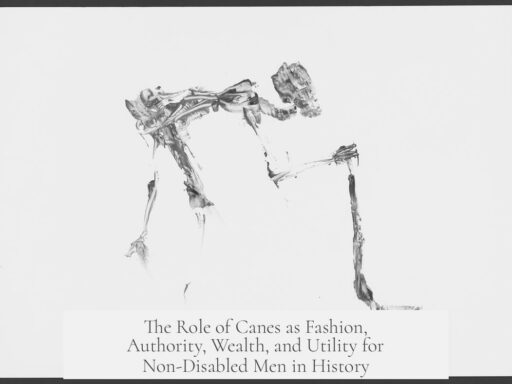Essential books on African history cover its vast timeline, from early human origins to modern post-independence states. These works offer foundational knowledge and nuanced analysis of the continent’s complex past.
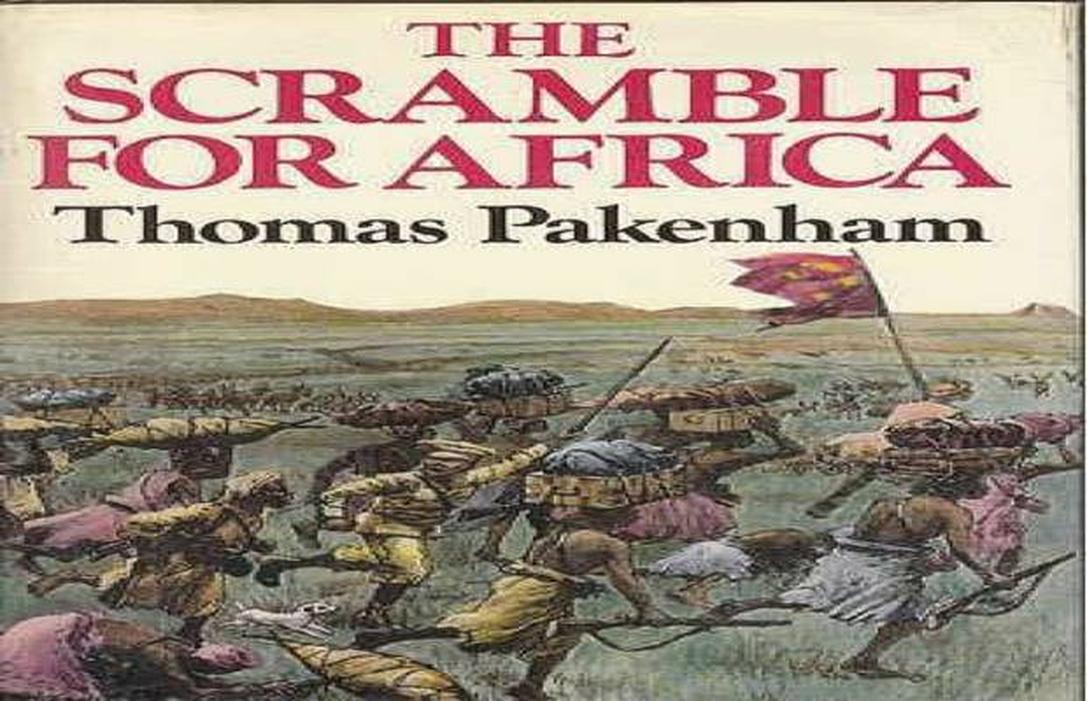
For a broad and accessible introduction, John Iliffe’s Africans: The History of a Continent (2007, 2nd edition) stands out. Iliffe presents African history from its earliest human inhabitants to contemporary times. His book challenges common narratives with a provocative central thesis, making it a key read for understanding Africa’s sweeping historical arc.
Another foundational overview is the older but comprehensive African History from Earliest Times to Independence by Curtin, Vansina, Feierman, and Thompson. Though slightly dated, it remains valuable for its detailed chronology and coverage of pre-colonial to colonial periods.
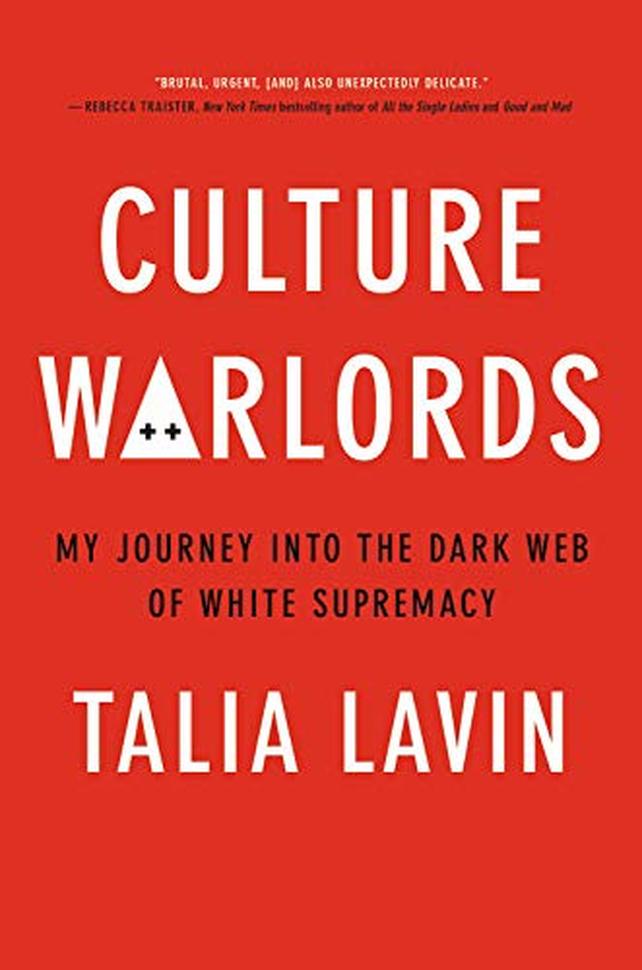
To grasp the colonial era’s complexity, Crawford Young’s The African Colonial State in Comparative Perspective offers insightful comparative analysis. Young explores how colonial states shaped African political structures and social relations, an essential context for post-independence developments.
Post-independence African states feature prominently in social science literature. Jeffery Herbst’s States and Power in Africa (2000) is a must-read for those interested in the challenges African states face in asserting and maintaining power after colonial rule. Herbst’s work is influential among historical sociologists and political scientists alike.

James Ferguson’s The Anti-Politics Machine (1990) critically assesses development policies imposed on African nations after independence. Ferguson reveals how well-intentioned programs often missed local realities, shaping contemporary understandings of African statecraft and aid.
For a focused case study on state-led social engineering, Chapter 7 of James C. Scott’s Seeing Like a State examines Tanzania’s compulsory villagization program. Scott highlights the unintended consequences of top-down governance, providing lessons applicable to other African contexts.

- Iliffe’s Africans: Broad, engaging overview from human origins onward.
- Curtin et al.: Detailed but dated history to independence.
- Young: Comparative colonial state analysis.
- Herbst: Power struggles in post-colonial states.
- Ferguson: Critique of development efforts post-independence.
- Scott: Case study of state intervention in Tanzania.
Exploring African History: What Books Should You Read?
If you’re wondering what books are essential to truly grasp African history, the short answer is: a blend of comprehensive overviews and focused studies on colonial and post-independence Africa. But why settle for a quick list when we can explore the rich landscape these works offer? Let’s dive into the must-reads that provide depth, nuance, and perspective on Africa’s past and present.
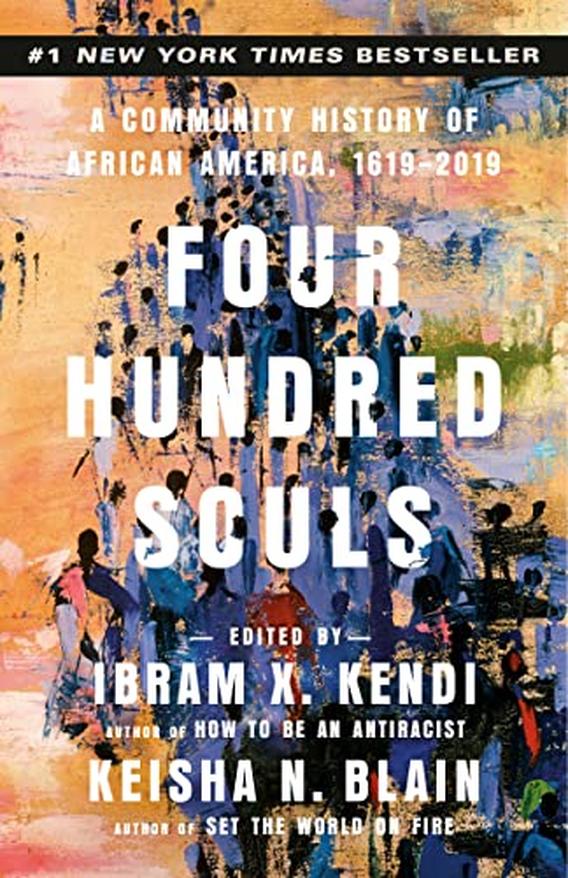
Understanding African history requires more than a glance. It demands context and a narrative that spans millennia. Here’s the secret: You want a book that not only tells the story but also challenges how you think about the continent.
General Overviews: Your Starting Point
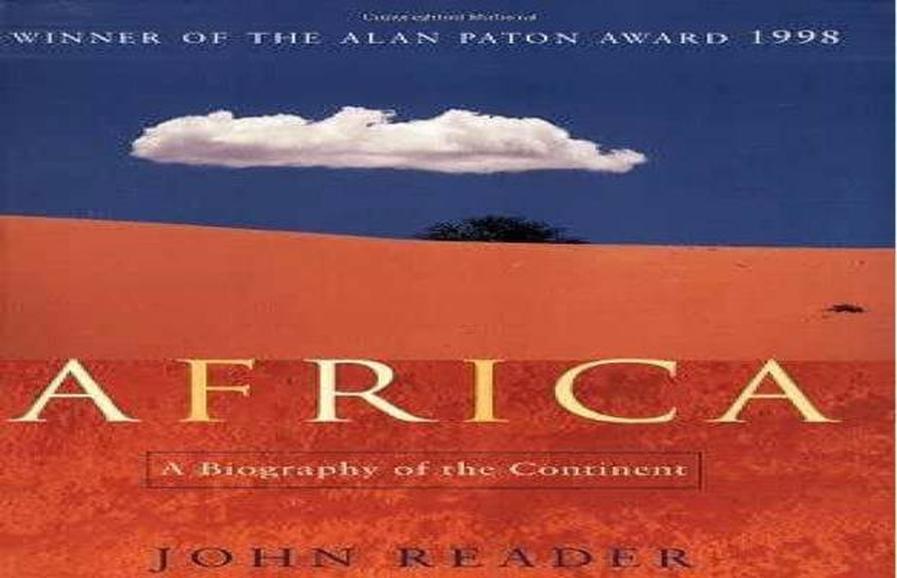
If you’re new to African history, start broad. John Iliffe’s Africans: The History of a Continent (2nd edition, 2007) stands out. This book takes you from early humans—yes, Africa is our cradle—to contemporary times. It’s not just history; it’s a sweeping thesis that redefines the entire narrative of African people. Iliffe stitches together archaeological, historical, and cultural threads very carefully.
Feeling like you want a big, detailed encyclopedia? Curtin, Vansina, Feierman, and Thompson’s African History from Earliest Times to Independence is your encyclopedic choice. Be warned, though, it’s gotten a bit historic itself (published 13 years ago), but the detail and scope are impressive. It’s dense but rewarding if you want a panoramic view up to the independence era.
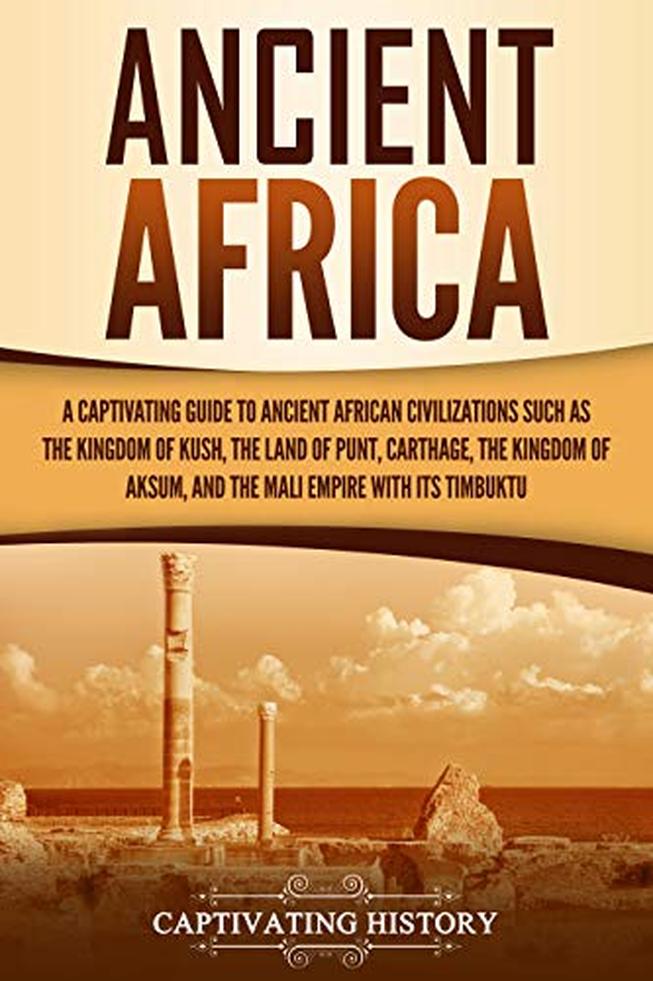
The Colonial State: How Africa Changed Under European Rule
African history isn’t just pre-colonial kingdoms and modern states; colonialism dramatically changed everything. For a deep dive into this period, Crawford Young’s The African Colonial State in Comparative Perspective offers sharp insight. This book doesn’t just list facts; it compares colonial states throughout Africa and explains how different colonial policies reshaped societies, politics, and economies.
Why does this matter? Because the colonial legacy still echoes today—and understanding that can clarify many current events and conflicts.
Post-Independence Africa: Reading Between the Lines and Politics
Once independence was on the horizon, African states faced new challenges—state-building, development, and managing power. Several key authors unpack this complex story.
- Jeffery Herbst’s States and Power in Africa (2000) is a cornerstone. Herbst analyzes why African states function the way they do, especially why borders and governance still struggle with legitimacy and power consolidation. He’s a must-read for anyone interested in political science or sociology with an African focus.
- Then, there’s James Ferguson’s The Anti-Politics Machine (1990). Ferguson turns a critical eye on development projects, especially those that miss the mark. It’s famous amongst African scholars because it brilliantly exposes how international aid sometimes backfires or ignores local realities.
- Also, don’t miss Chapter 7 in James C. Scott’s Seeing Like a State. The chapter covers “compulsory villagization” in Tanzania—a vivid example of state overreach in social engineering. Scott decodes how such ambitious projects can fail despite the best intentions, shedding light on African state dynamics.
Why These Books? What Makes Them Essential?
There are so many books on African history, but these stand out because they cover different angles—from broad history, colonial impacts, to post-independence sociopolitical challenges. Together, they paint a comprehensive picture.
For example, Iliffe’s book helps you see the whole continent’s timeline. In contrast, Crawford Young zooms in on colonization’s mechanics, and Herbst explains what happens after Africans took back control. Then, Ferguson and Scott offer a critical lens on the state and development, areas often glossed over in traditional history.
Each book complements the others like puzzle pieces completing the image. They don’t just inform—they provoke questions. How do you write a history from the “bottom-up”? What happens when outsiders try to “fix” Africa without understanding it? How does history continue to shape political power today?
Practical Tips for Diving In
Start with one book from each category. For instance, begin with Iliffe for a grand narrative. Then, explore Young or Herbst to grasp political changes. For a sociological twist, try Ferguson or Scott.
Take notes as you read. It helps tie themes together and makes future references easier.
Discuss and reflect. Join forums, book clubs, or online communities dedicated to African studies. Voices and perspectives enrich your understanding beyond the page.
Final Thoughts: African History Is More Than Dates and Facts
Many people see African history as fragmented or incomplete. These books prove the opposite—it’s rich, complex, and deeply connected to the world’s history. Understanding African history aids in acknowledging its influence on global history and contemporary politics.
Curious to know which book you’ll start with? Will it be the broad sweep of Iliffe or the sharp critique of Ferguson? Either way, these essential readings make you think differently about a continent too often misunderstood.
So, grab one of these books and start your journey. Africa’s history is waiting to be explored, with stories both ancient and urgent.
